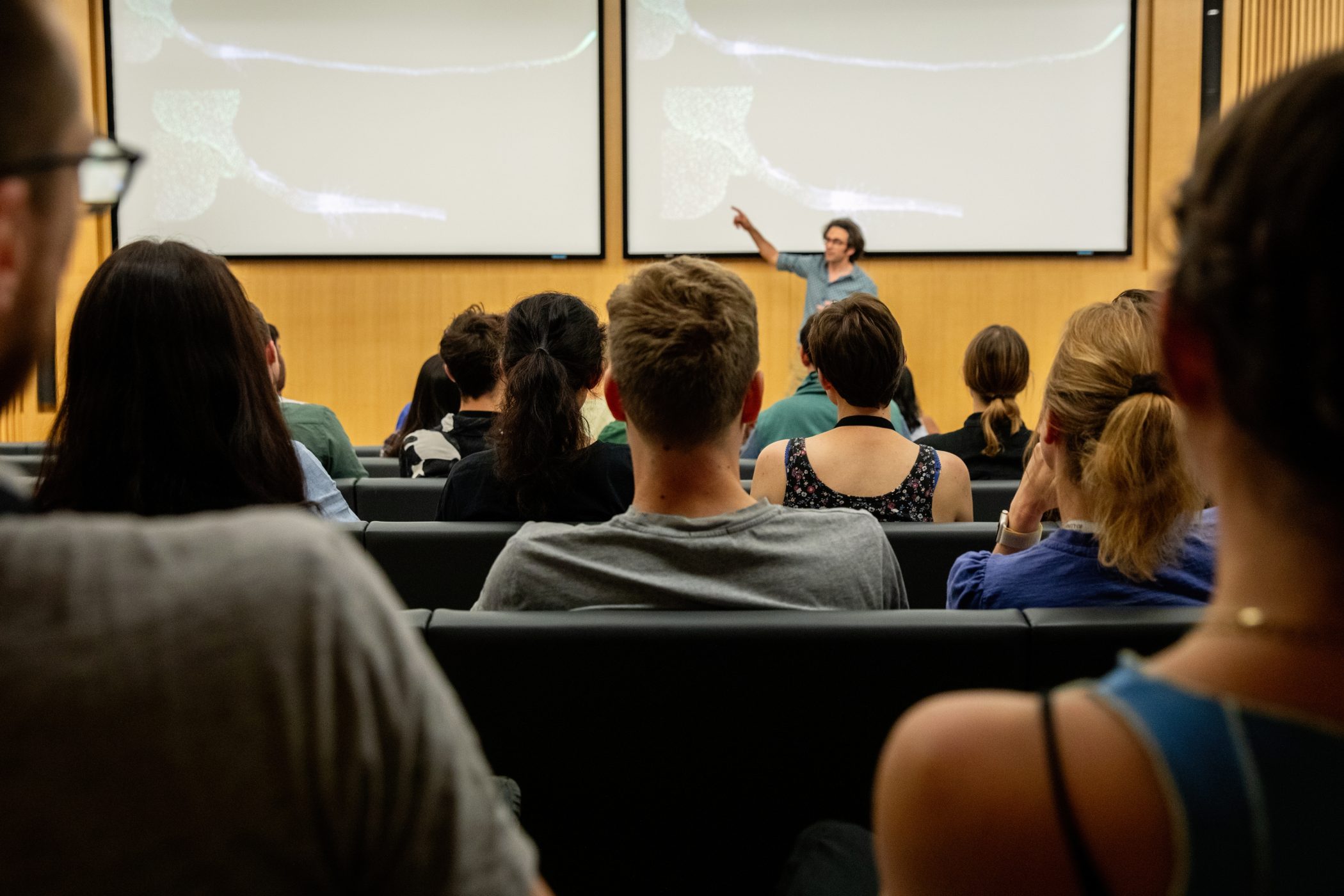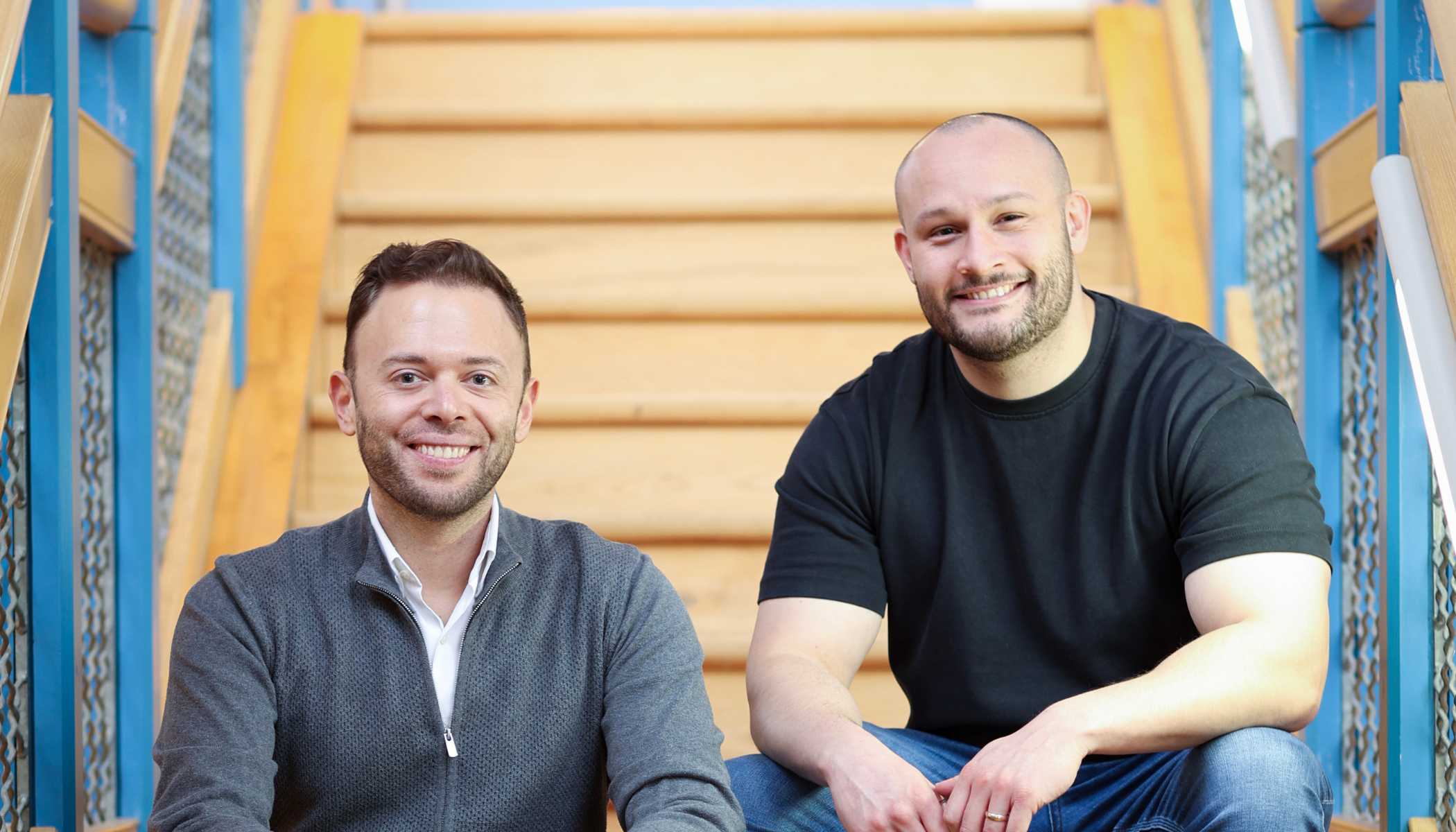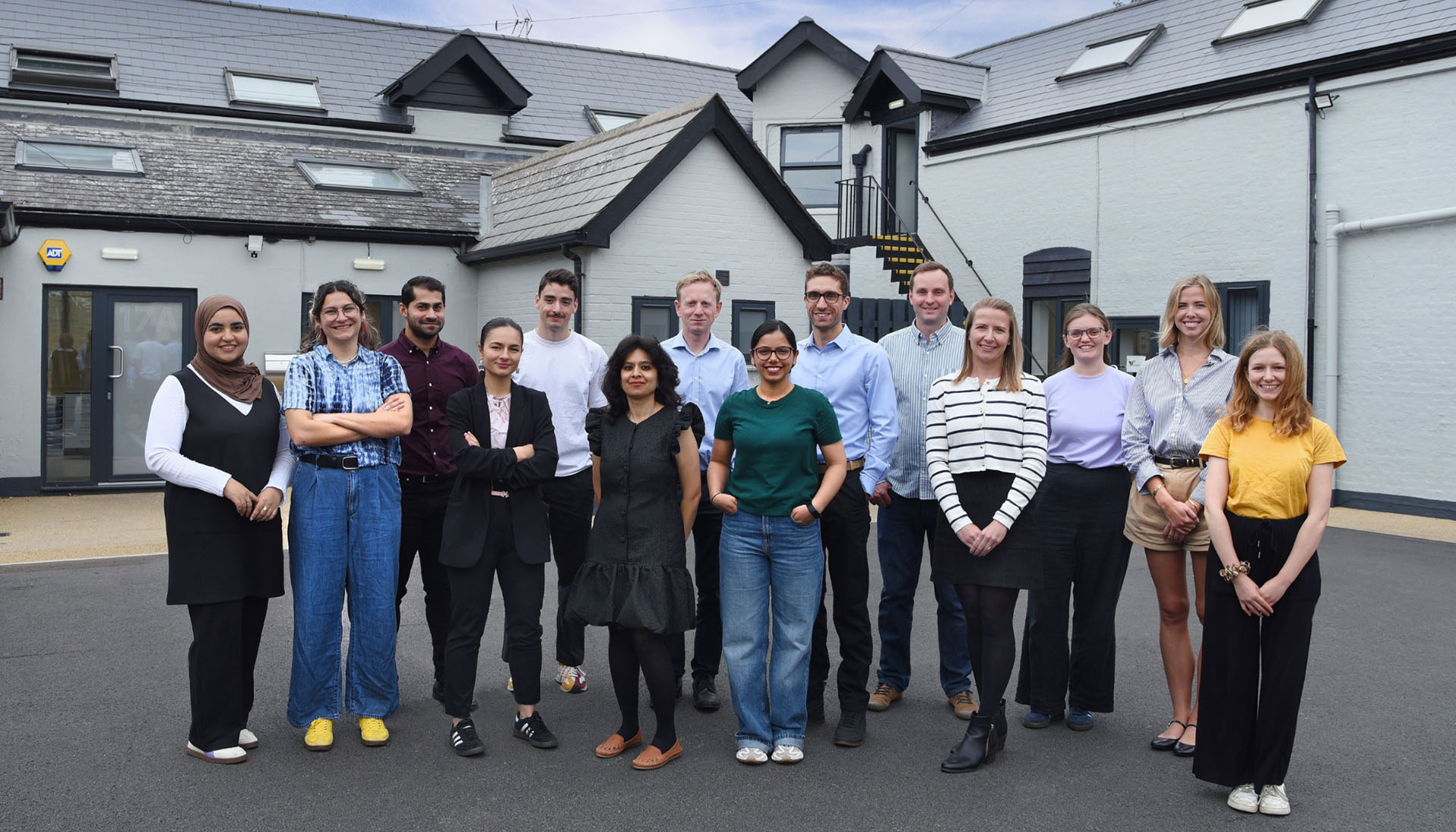Cambridge Enterprise’s Annual Review, and the news of a third straight year of broken early stage University investment records, were recently released, outlining our performance for 2014-15. Apart from being another bumper year for Cambridge Enterprise Seed Funds from an investment perspective, the fund performance was pretty impressive as well.
The cash in/cash out internal rate of return (one method of measuring fund performance) over the last five years came out as 245%, with a multiple of returns over the entire life of the fund of 2.6 times what we started with. There is a slight disclaimer with the IRR figure in that some of the cash in (as in realisations from exits) in this calculation came from investments made more than five years ago. This is one of the difficulties of measuring the performance of an evergreen fund. So the figure might seem more flattering but then I wouldn’t be the first investment professional to show people my best side. The multiple of returns figure is what it is. No ambiguity there.
Not many funds publish their data openly, but I do know that these figures are among the best in the business. I don’t want to blow my own trumpet (I have no musical ability whatsoever), but I’m sure you can imagine we are pleased with the results.
Obviously a large part of our success is down to the world class research that goes on at the University. We benefit from an excellent ecosystem of commercial facilities, follow-on investment, serial entrepreneurs and mentors, and an incredibly talented workforce. I should also mention that it was former colleagues at Cambridge Enterprise who made investments that are now coming to fruition. As such, we are basking in the reflected glory of their good judgement. Of course our current investment team was responsible for some of recent successes so we are happy to take a little credit. Being the right people in the right place at the right time still requires you to be the right people. Right?
Our greatest financial successes have come from companies that have gone in directions that were inconceivable at the time of the original investments. Whereas, some of our brightest stars have gone supernova and collapsed under the gravitational pull of the weight of expectation.
Given that we invest in very early stage, in yet unproven technologies; that we invest early, cannot always follow our money and so often get diluted by later stage investors; and that we have a preference for ordinary shares (as outlined in previous blogs that you can read here and here), these stats are heartening.
I believe the secret to our success is that we pride ourselves on having aligned interests with the founders and management of our investee companies. One well-known local business angel coined the phrase ‘getting the founders to walk through walls for you.’ This is absolutely true. They will only do this if you treat them well. All investors are in this business to make money and we are no different. However if (and when) you structure a deal to make money to the detriment of others, it rarely works long-term. Make money with your founders, not at the expense of them.
The other secret is to support companies and founders after the investment is made. I’ve known a number of investment professionals who spend inordinate amounts of time (and money) investigating whether a company makes a good investment (I call it ‘death by due diligence’), only to be absent once the investment has been made. In my view, the value of the effort you put in before the investment is made is nothing compared to the value of the effort you put in after the deal is signed.
Focusing purely on potential returns seldom works. Our greatest financial successes have come from companies that have gone in directions that were inconceivable at the time of the original investments. Whereas, some of our brightest stars have gone supernova and collapsed under the gravitational pull of the weight of expectation. Our investment philosophy is to back good people with interesting technologies and let the returns take care of themselves. And so far so good.
I’ve said it before, so I’ll say it again: make money with your founders (and other investors), not at the expense of them. Our fund performance clearly demonstrates that you make good returns by being equitable. It’s the classic do well by doing good philosophy.
So I ask other fund managers out there to do a bit of research on their own investments. Look at your successful investments and work out what your returns would have been if you (and all other investors) had taken ordinary shares rather than preference shares. I have no doubt that the returns will be lower, but how significant is the drop? Now imagine that one of your failed investments actually succeeded (or at least returned your investment) because the founders were aligned and incentivised to work that little bit harder, to go a little bit further, than the extra mile (maybe as far as two miles). What difference would that have made to your overall fund performance? What if two of your failed investments had actually succeeded? What about three, and so on?
I suspect that it wouldn’t take many turn-arounds of otherwise failed investments to improve the overall performance of a fund. If, as an investment community, we can form a consensus to align ourselves with founders then maybe, just maybe, every fund can be as successful as ours. Maybe more successful.
Tags: seed funds











